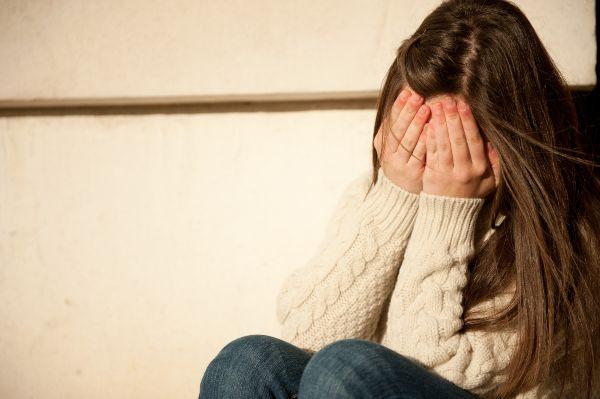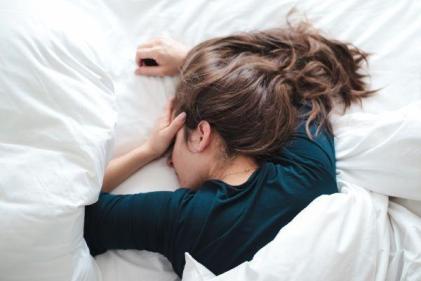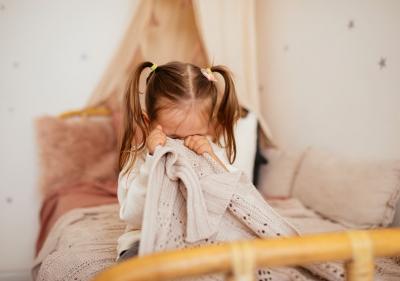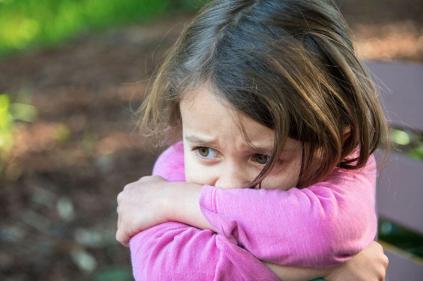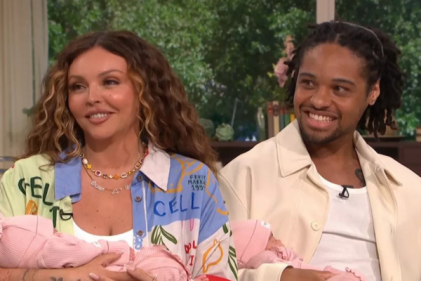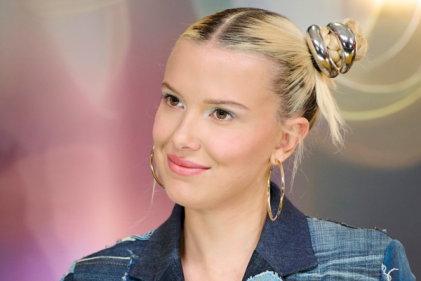In the midst of widespread media coverage of Momo, the online "challenge" which has turned out to be a hoax, many parents, - including those who decided not to alarm their children by telling them about it- were put on the spot at home and in playgrounds across the country, having to explain to their children (mostly in vague terms) what it was: a malicious self-harm/suicide "challenge", created by some very, very disturbed individuals.
Even though authorities now report the online challenge was, in fact, a hoax, it still sent a wave of panic, terror and confusion across the country, amongst parents and children alike.
And it has indeed raised some serious questions:
1) How do you explain topics as difficult (and often taboo) as self-harm and/or suicide to children, especially younger children?
2) Are we, as parents, doing enough to keep our children safe online?
3) How come all media just ran with it, without fact-checking first?
4) How come parents that chose not to inform their children about the challenge were forced to explain it to them anyway, due to their children being exposed to it by their peers?
I mean surely, if you as a parent made the decision to alert your child, you would have warned them not to alarm their friends.
Explaining self-harm and/or suicide is a discussion I, as a parent, would not even consider having with my children until their early teens, simply because it is an extremely difficult concept to grasp and heavily linked to mental health issues.
In regards to the Momo challenge, I explained to my seven-year-old that there are a lot of crazy, disturbed people online. People who will ask inappropriate questions, or pretend they are a child when they are in fact, disturbed adults.
That if he comes across anything even remotely creepy, any incitations to be violent against himself or others, any inappropriate talk, he needs to tell me immediately, that I will then report the game/user/platform he is on, and the people reasonable will immediately be arrested and jailed. This seems to have reassured him.
I do however also have two young teenage daughters, and we have actually cautiously broached the subjects of self-harm and suicide with them in the past year (although this was well before the appearance of the Momo challenge all over our Facebook newsfeed).
I began by explaining death. By explaining we humans, as much as we don't like to think or talk about it, have a limited time on this earth, and therefore there is nothing more precious than life.
I am well aware that these topics are very much taboo, even amongst us adults, but this is a preventative measure on my part.
The way I see it, they will unavoidably be exposed to those terms eventually, and I want them to be fully informed before then.
So here's what I told them:
1) Yes, you will go through difficult times throughout your life
Adolescence especially, can be a very difficult phase for many youngsters due to it being characterised by hormones, lack of perspective, immaturity and intense emotional whirlwinds, but self-harm shouldn't ever, and can never, be an option. Whether you are being "challenged" to it online or in real-life, or whether you are experiencing mental health issues such as depression, there are a million other ways to deal with problems. Self-harm does not solve anything.
2) The same goes for suicide
At the end of the day, we human beings only get one life. Just one. It might be smooth-sailing one minute, and a roller-coaster ride in gale-force winds the next; point is, you owe it to yourself and all of your loved ones - as well as all of those people gone too soon through circumstances beyond their control - to ride out whatever situation you are in, to keep on living. Everything will work out in the end. You don't have to know how, you just have to trust that it will.
3) If you ever find yourself considering self-harm or suicide, seek help
Depression is a flaw in chemistry, not character.
Depression is not permanent. You can always, always talk to me.
There is help out there, no matter how desperate you feel, or how insurmountable you may think your situation is.
4. If you ever come across a peer who is self-harming or talks about committing suicide, reach out to them
Tell them what I've told you, then seek an adult whom you can trust, and confide in them. Even if it turns out to be a false alarm - better safe than sorry. If it turns out that your friend was actually serious, telling you (or anyone) about it might just be their cry for help, possibly the only way they know how. In any situation, the worst thing you can do is nothing.
I think the only 'good' to come out of this Momo challenge is that it seems to have been a wake-up call for parents everywhere to be more vigilant in terms of their children's online activity.
The digital era is no easy era to navigate through as a parent, that is for certain.

